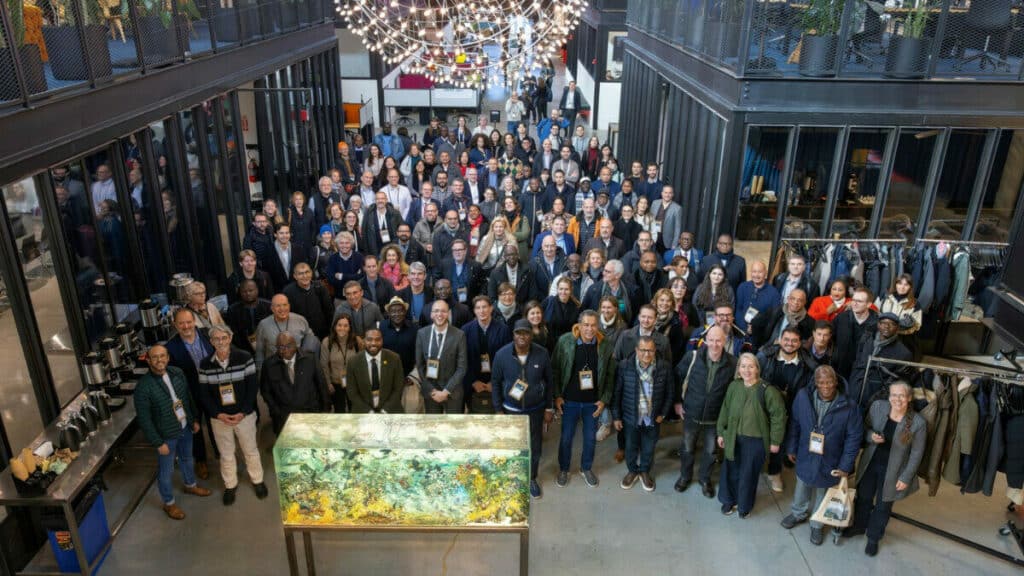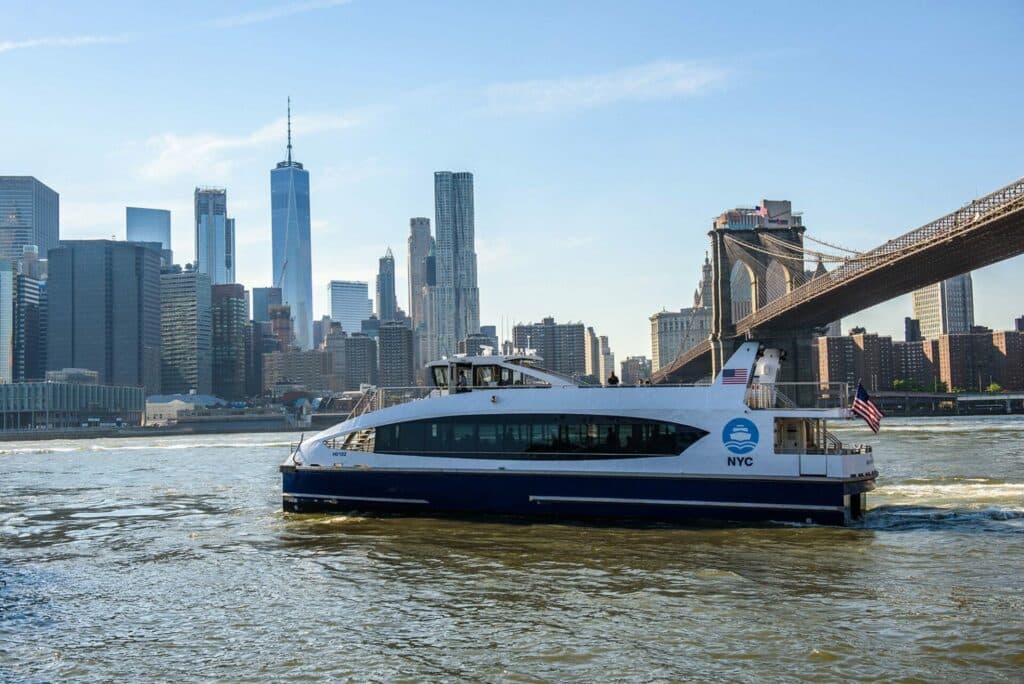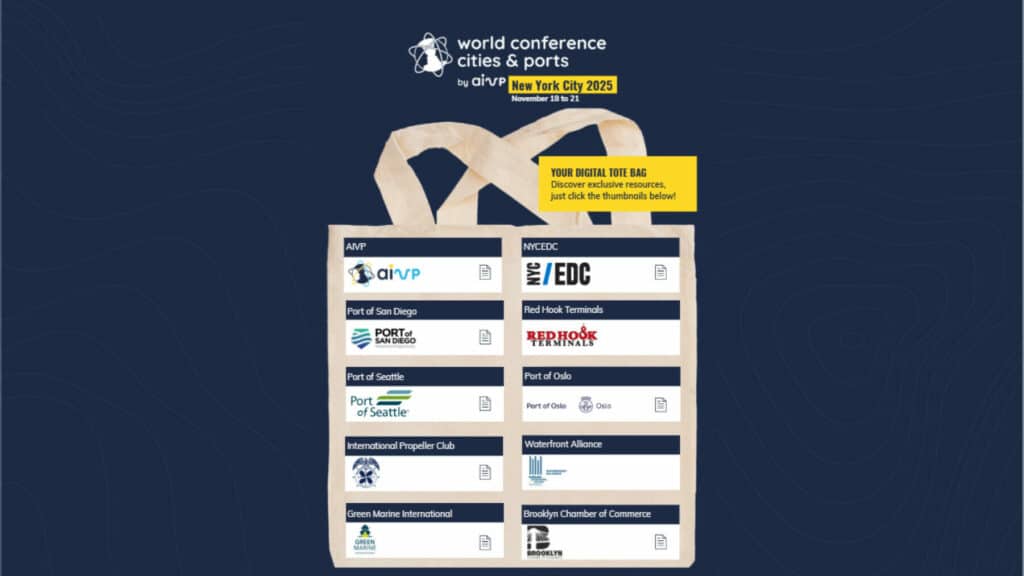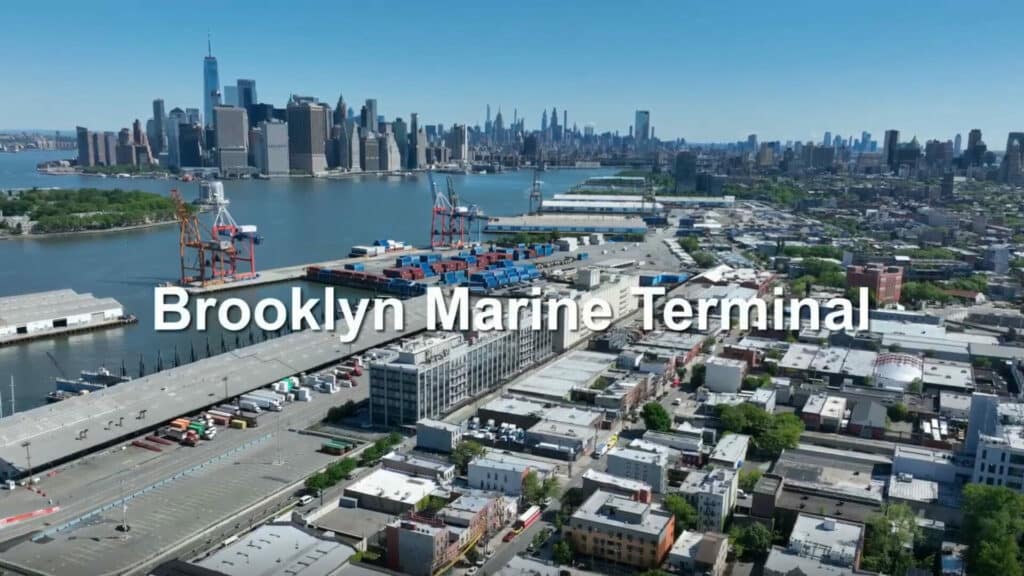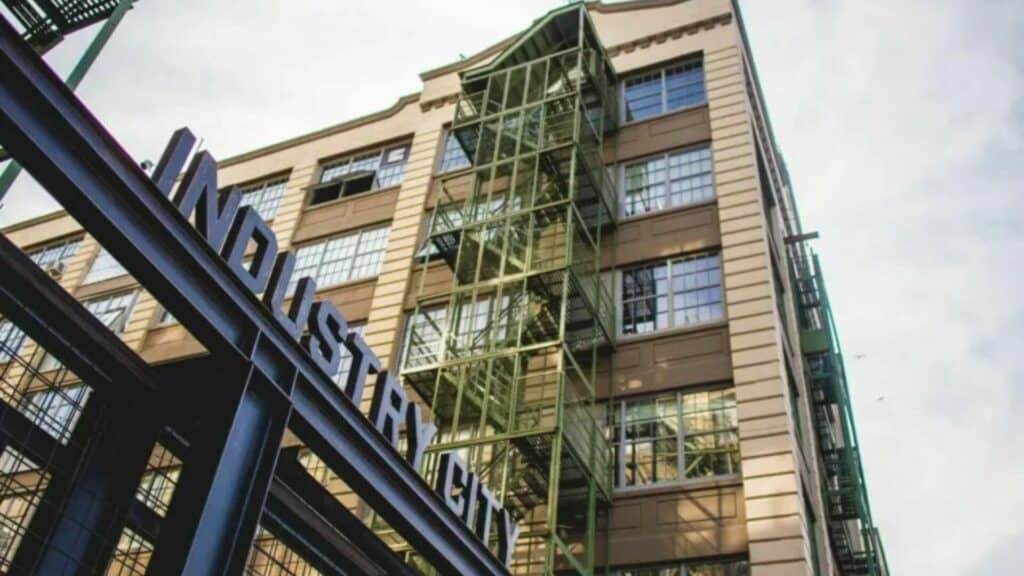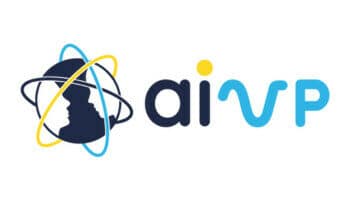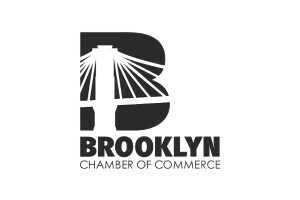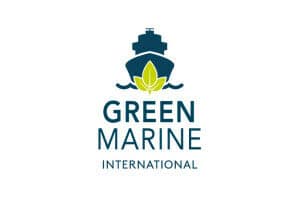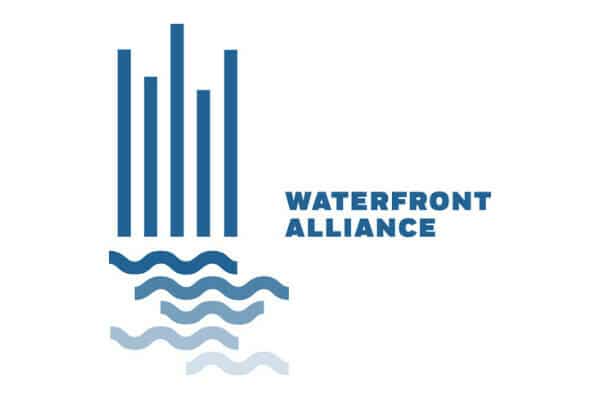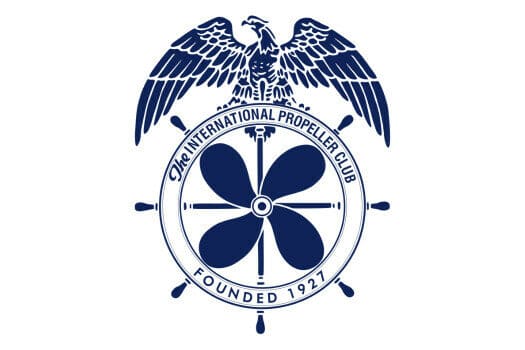Conference venue:
New York Marriott at the Brooklyn Bridge.
333 Adams Street
Brooklyn, New York, 11201
United States
Navigating Change: Innovating Ports, Cities and Climate
Port cities are increasingly at the epicenter of global transformations. Facing the consequences of climate change, geopolitical shifts, and growing socio-economic inequality, these complex urban-maritime centers are tasked with designing and implementing adaptive strategies to increase their resiliency and balance global trends with local concerns. The usual tensions that are present in port cities have been exacerbated, motivated by global shifts questioning societal challenges and forcing unexpected changes on trade and development policies.
News
Hundreds of urban and maritime leaders gathered in Brooklyn from November 18–21 to explore sustainable waterfront development, including the Brooklyn Marine Terminal vision and the “Blue Highways” initiative.
Explore, right now, via our interactive map, all the sites you will visit during the boat tour on Thursday, 20 November.
A unique opportunity to immerse yourself in New York’s maritime and port-city transformations!
On the occasion of the 20th World Conference Cities and Ports, we have prepared a Digital Tote Bag bringing together all the useful resources to extend the event experience: documents, presentations, practical information, and exclusive content.
Dr. Sarah Kapnick, climate and finance expert at J.P. Morgan, will share her vision on the resilience and sustainability of port cities at the AIVP World Conference City & Port.
In September 2025, the Brooklyn Marine Terminal Vision Plan was approved, paving the way to transform 122 acres of waterfront into a modern port and vibrant mixed-use hub.
Join us on Thursday, 20 November for the AIVP gala dinner at Industry City, Brooklyn’s vibrant hub of creativity, innovation, and history. Enjoy an evening of networking, art, and a festive atmosphere.
Platinum Sponsor:
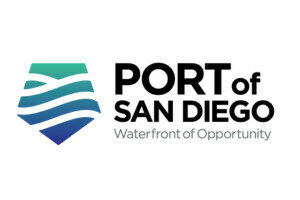

Gold Sponsor:
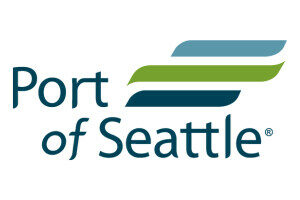
Bronze Sponsor:
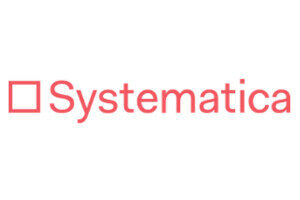
Partners:


